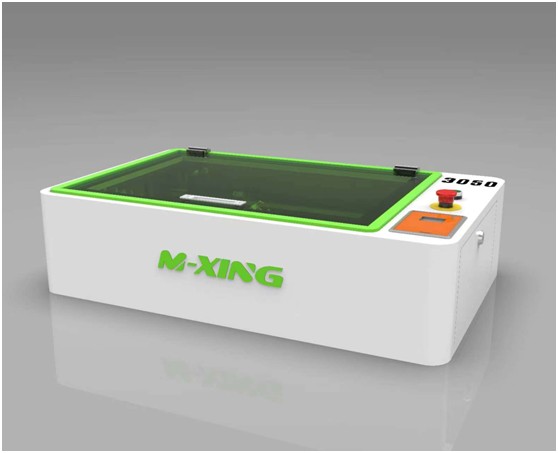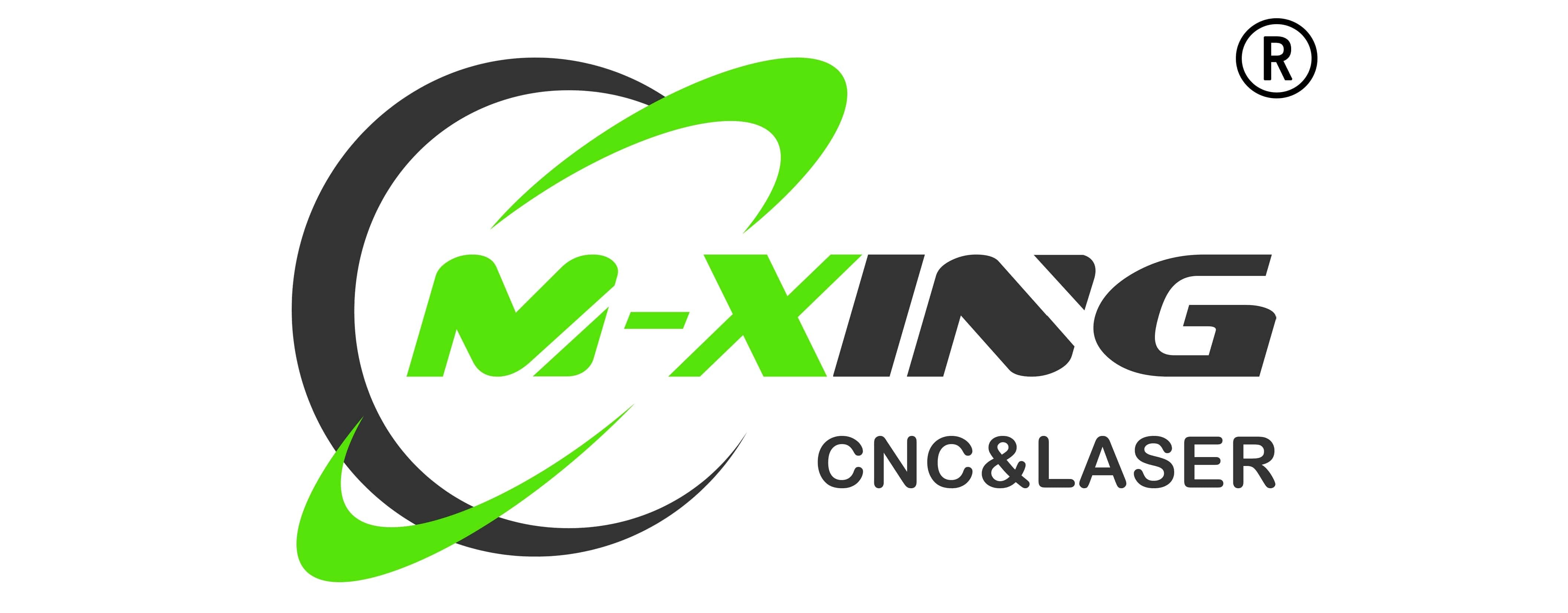Blog
Laser marking machines are cutting-edge technology that has revolutionized the way industries approach product identification, traceability, and customization. They use high-powered lasers to create permanent, precise, and visually appealing marks on a vast array of materials including metals, plastics, ceramics, glass, leather, and more.
Understanding Laser Marking Machines

Laser marking machine is an advanced device that utilizes focused beams of light to interact with a material's surface, altering its properties without affecting its integrity or functionality. Unlike traditional marking methods such as engraving, stamping, or printing, laser marking creates no mechanical stress, wear, or tear on the substrate. Instead, it employs processes like annealing, ablation, oxidation, or foaming to produce clear, indelible markings that can include text, barcodes, QR codes, logos, and even intricate designs.
Types of Laser Marking Machines
1. Fiber Lasers: Known for their efficiency and durability, fiber laser markers excel at marking metals and most plastics. They offer high-speed processing and long-term reliability.
2. CO2 Lasers: Ideal for non-metallic materials, these lasers are particularly effective on organic substances like wood, paper, leather, and some polymers due to their longer wavelengths that allow better absorption.
3. UV Lasers: These lasers provide ultra-fine precision, making them perfect for micro-marking and sensitive materials where minimal heat exposure is crucial.
Applications Across Industries
Manufacturing: For part identification, serial numbers, production dates, and safety information on automotive parts, electronics, aerospace components, and medical devices.
Packaging Industry: To mark expiration dates, lot codes, and nutritional facts on food packaging, pharmaceuticals, and cosmetic products.
Jewelry and Artisanal Work: Creating unique, detailed designs and personalizing items with names, dates, or patterns.
Tool and Die Industry: Ensuring traceability and anti-counterfeiting measures by marking tools and machinery with serial numbers and company logos.
Consumer Goods: For branding purposes, aesthetic embellishments, and anti-tampering features on everyday items like smartphones, watches, and luxury goods.
Benefits of Laser Marking Machines
Precision and Quality: Laser marking offers unparalleled accuracy down to micron levels, ensuring crisp, legible, and consistent marks.
Durability: Marks made by laser are resistant to chemicals, abrasion, extreme temperatures, and weathering, providing lasting identification.
Versatility: Ability to work with a broad range of materials and surfaces, accommodating various industrial needs.
Efficiency and Speed: Automated systems enable rapid marking speeds, reducing production time and increasing throughput.
Environmental Sustainability: As a dry, contactless process, laser marking minimizes waste and reduces the need for consumables.
Advancements and Future Trends
Continuous technological improvements have led to smaller, faster, and more versatile laser marking machines. Today, they come equipped with software interfaces that support complex design creation, serialization, and data integration with other manufacturing systems. In the future, we can expect further enhancements in speed, precision, and multi-material compatibility. Additionally, the integration of AI and IoT will make laser marking machines even smarter, allowing real-time monitoring, predictive maintenance, and adaptive marking based on dynamic production requirements.
Laser marking machines have become indispensable tools in modern industry, offering reliable, accurate, and cost-effective solutions for permanent product identification and branding. With continuous innovation and technological advancements, their role in shaping the future of manufacturing and product lifecycle management will only continue to grow.


